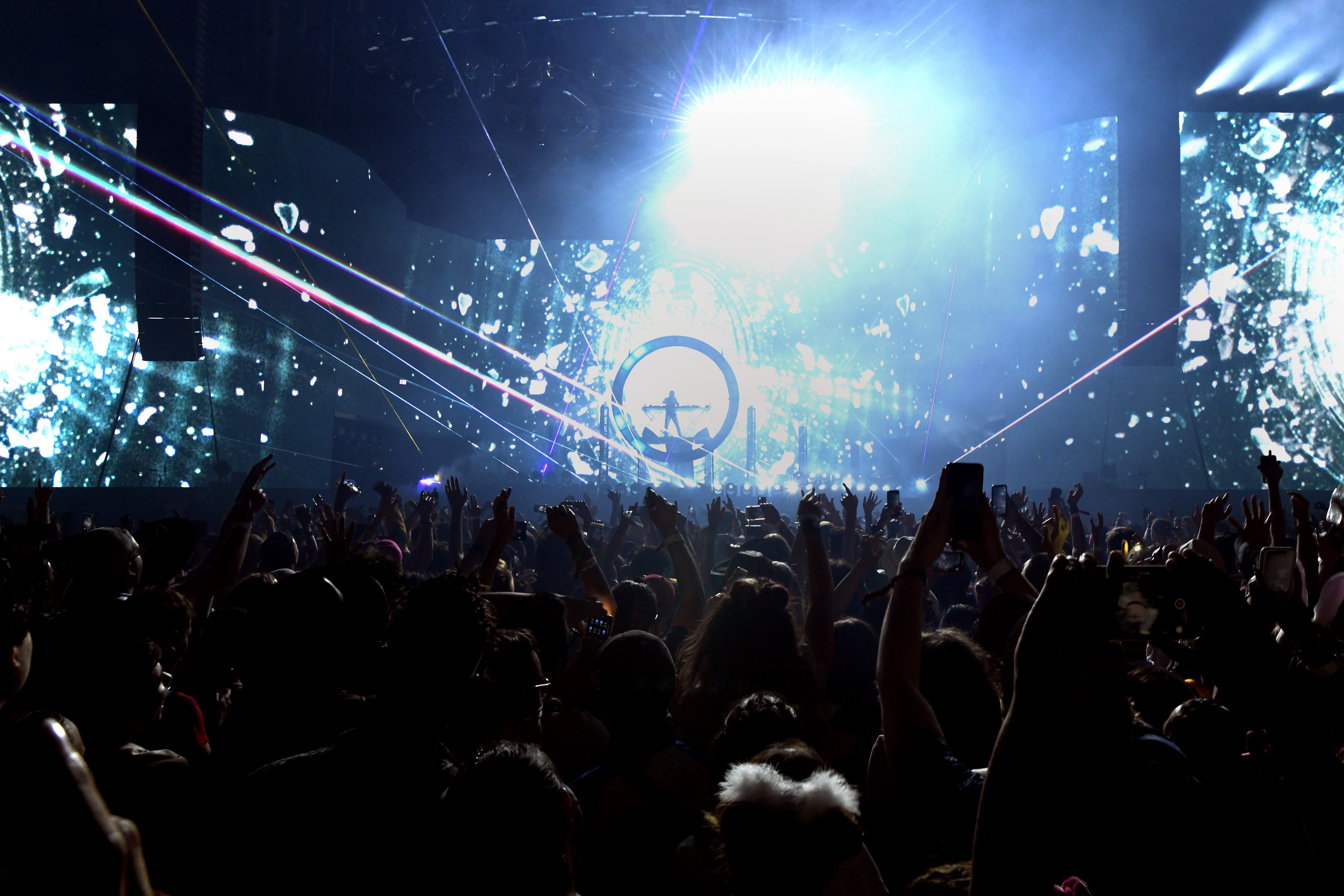40 Major Music Festivals Have Pledged Not to Use Facial Recognition Technology

Credit to Author: Lauren Kaori Gurley| Date: Wed, 23 Oct 2019 18:37:15 +0000
Forty of the world’s largest music festivals—including SXSW, Coachella, Pitchfork, and Bonnaroo—have gone on the record to promise that they will not use facial recognition technology at their events, following a campaign launched by musicians and activists to ban the technology. Today, organizers of the campaign are declaring victory.
“It's so important that people don't just learn about how scary and dangerous surveillance technology like facial recognition is but also learn about successful efforts to stop it,” Evan Greer, the deputy director of Fight For the Future, a digital rights rights advocacy group that spearheaded the campaign, told Motherboard.
This victory for digital rights activists and musicians is the first major setback to commercial facial recognition companies in the United States, and could have ripples beyond the industry.
In recent years, many music events have become increasingly Orwellian experiences. Biometric surveillance companies and venture capitalists have identified music festivals as a huge potential market for facial recognition technologies, which can be marketed as a way for concertgoers to bypass long lines.
But musicians and activists have concerns. Rage Against the Machine’s Tom Morello, the Glitch Mob, and Speedy Ortiz were leading voices in the campaign, demanding concert promoters ban technologies that can be used to police concertgoers for drug use, target individuals for specific advertising content, or worse. “I don’t want Big Brother at my shows targeting fans for harassment, deportation, or arrest,” Morello tweeted in September.
In perhaps the biggest victory, Ticketmaster took a step back from a surveillance technology company that it invested in last year with plans to develop a facial scan for concertgoers faces instead of having them wait in lines to enter a venue. That surveillance company, Blink Identity, helped build out the U.S. military’s facial recognition technology during the war in Afghanistan. On its website, Blink Identity brags that it “spent the last decade building and deploying large scale biometric identification systems in the Middle East for the Department of Defense.”
Following the campaign’s demand that Ticketmaster terminate its relationship with Blink Identity, the ticket distribution giant issued a statement in late September, saying “Ticketmaster is always exploring new ways to enhance the fan experience, and while we do not currently have plans to deploy facial recognition technology at our ‘clients’ venues, rest assured, any future consideration would be strictly opt-in, always giving fans the right to choose.”
“Tech companies and law enforcement agencies want us to think that a dystopian future of ubiquitous monitoring is inevitable and we should just learn to accept it,” Greer said. “We're proving them wrong, and we want everyone to know so they can join the fight to stop surveillance from invading our lives.”
Once concert promoters scan and store your face, the information could be seized or demanded by law enforcement and immigration agents. Research has shown that people of color are frequently misidentified by facial recognition systems, and those whose gender presentation does not conform to the technology’s binary model are falsely targeted or flagged.
Despite this victory, facial recognition technology is rapidly expanding into other spaces, including gas stations, shopping malls, casinos, schools, and airports. Detroit’s police department uses it, as does Immigration and Customs Enforcement (ICE). And while forty festivals have signed onto the the pledge, Burning Man, Outside Lands, and Boston Calling have yet to sign on. In 2013, Boston Calling was the test site for a secret facial recognition pilot program run by the Boston Police Department, which subjected thousands of unwitting music fans to face surveillance.
This article originally appeared on VICE US.